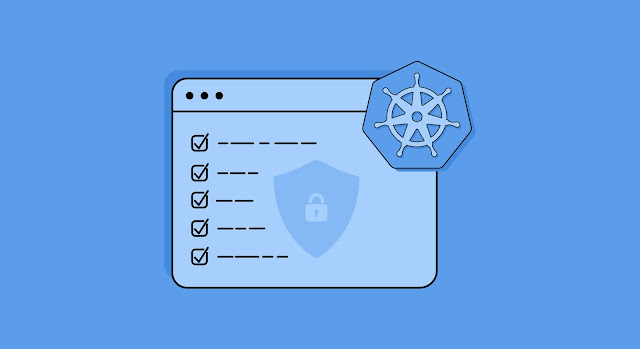How Serverless Computing Affects Cybersecurity

Serverless computing is revolutionizing the way modern applications are built, deployed, and managed. By abstracting away the underlying infrastructure, businesses can focus purely on code while cloud providers handle the rest. However, this convenience introduces new cybersecurity challenges. If you're a cloud security professional or someone pursuing an Online Cybersecurity Course in India , understanding serverless security is no longer optional—it's essential. In this blog post, we’ll explore how serverless computing works, its unique security risks, and best practices to secure serverless environments. What Is Serverless Computing? Serverless computing allows developers to build and run applications without managing servers. Instead of provisioning infrastructure, developers simply write functions (also called FaaS – Function-as-a-Service) and deploy them. The cloud provider takes care of scaling, patching, and infrastructure management. Popular serverless platforms ...





